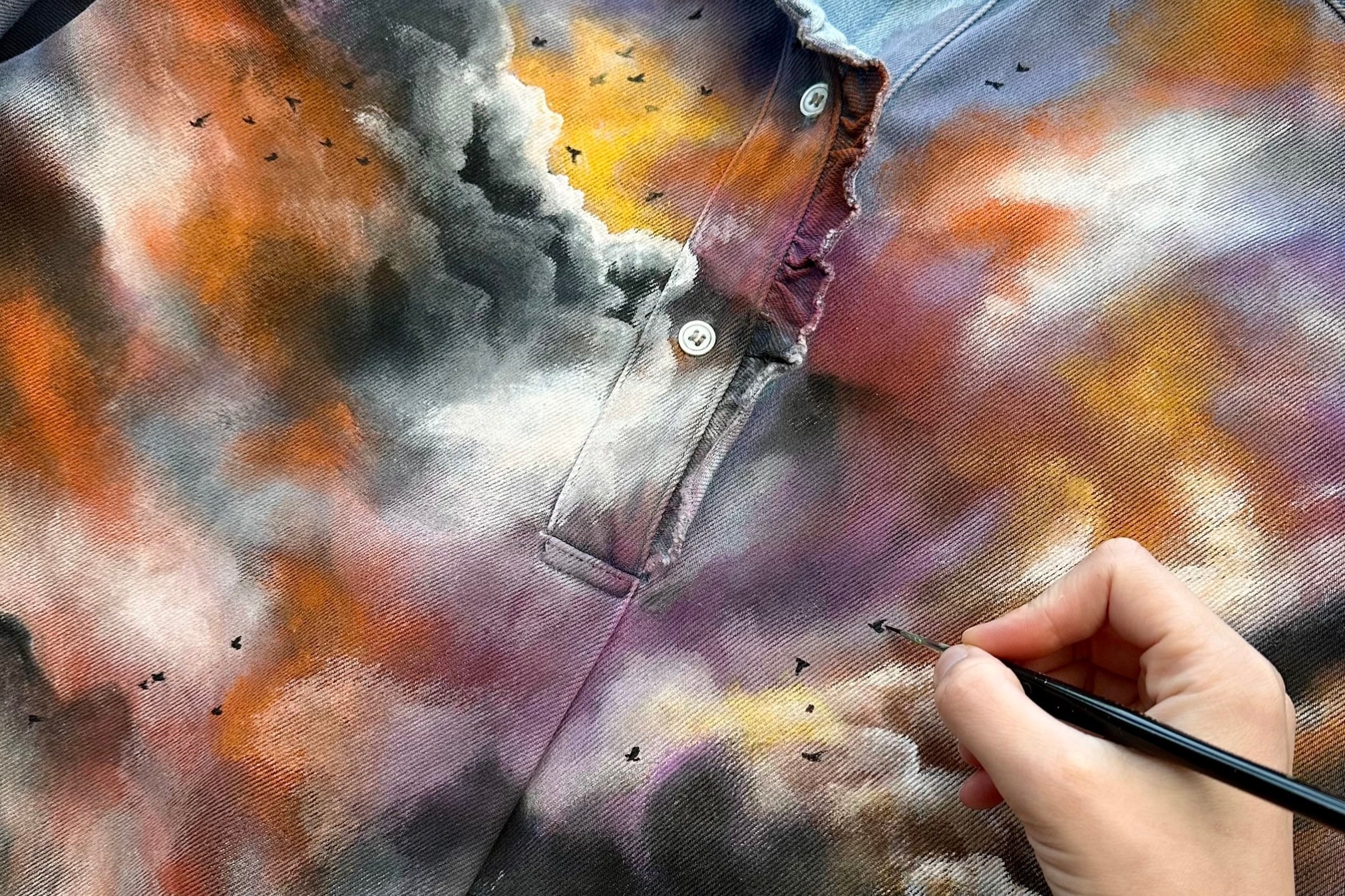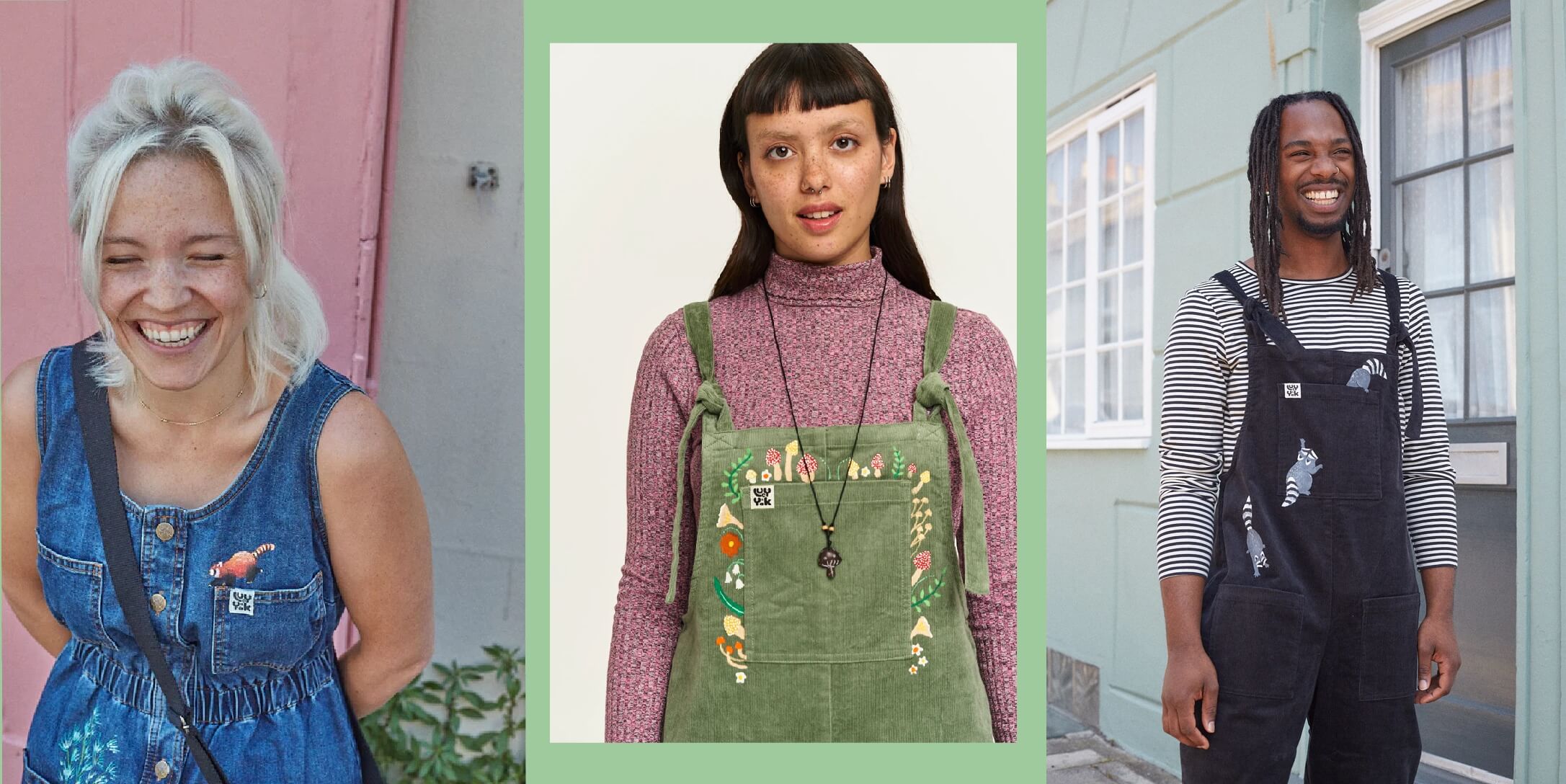What It’s Like Running an Independent Brand as an Autistic ADHD Creator

I feel like a constant walking contradiction.
I crave routine, but I can’t stick to it.
I can learn fast, solve complex problems, impress people — and then forget everything and lose the ability to form words.
I can feel proud of the brands I’ve worked with and the recognition I’ve had, and yet still believe no one actually likes my work.
I stress constantly that I’m not relevant anymore. I use that anxiety to keep pushing myself, even when I’m tired. I feel more at ease when everything’s planned and going well — but I still struggle with impulsivity and patience. It’s like I’m always pulled in two directions at once.

⸻
Employment Isn’t Built for Brains Like Mine
For a long time, I said I’d never been employed. That changed when Lucy & Yak gave me the chance to work with them — they employed me for nearly two years, and are still my closest client. They’re rare in that they both valued the niche work I do, and created an accessible enough environment for me to do it well and healthily.
I’ve always naturally known why so many neurodivergent people struggle with jobs, but Lucy and Yak were one in a million, and I can’t imagine being able to work anywhere else but at We Are Hairy People now. I don’t expect to ever be employed again, although a new adventure or challenge is often needed!

⸻
So, I Run My Own Business
It’s not that I’d be unable to work if I was “just” autistic or “just” ADHD. But the combination — while often exhausting — lets me draw strength from both neurotypes. I can follow my creative impulses, adapt, and work in the way that works best for me. That flexibility makes it possible.
Working from home is absolutely essential. Even though I passed my driving test 15 years ago, I can’t process quickly enough to drive safely to a workplace. Public transport is too unreliable for my need of routine and time anxiety, as well as making me sick from sensory overload. But I’m self-motivated. I can follow my dopamine, my inspiration, my ideas — and work in my own rhythm. I think that’s a may more efficient use of my energy, rather than using it all stressing about when a bus will come, forgetting to bring lunch, dealing with noise and business and having a meltdown every day. The links between being neurodivergent and being able to find and stick with a suitable job are very interesting… but ultimately we all have different challenges, like many of my ND friends love driving, and it’s my most hated thing.
When I’m being watched or evaluated, I freeze. I either go blank or start performing what I think the person wants to see, rather than being myself. My best work happens when no one’s looking: when I’m able to rest when I need to, and then hyperfocus when I’ve got the energy. That just doesn’t fit into a 9–5.

⸻
I Love People — But I Get Wrecked by People
I like real conversations, the kind that help me understand people. But small talk is so hard. Eye contact is awful. Tone and phrasing stress me out constantly. I want connection, but being around others can be physically and emotionally draining.
When I ran my community art studio for mental health, I’d often see people I loved every day. But after a few months, I was regularly mute by the end of the day, completely wiped out from overstimulation.
Working for myself means I can listen to people — through TV, podcasts, radio — without needing to interact. I can connect in a way that feels safe.

⸻
My Business Holds the Contradictions
Running a business is hard for anyone. Being neurodivergent is hard for anyone. Doing both at once is intense — but also freeing, when it’s on your own terms.
Some days I feel childish, or like I’m failing, because I can’t manage simple things.
Other days I feel like a genius, having created or solved something in a way that feels extraordinary, even by anyone’s standards.
That gap — between what I can do and what I can’t — is jarring. But my business has space to hold that. Traditional employment just wouldn’t have the capacity for it. That’s why I do things this way. Because here, I can thrive.

Did you see this post about neurodiversity celebration week?


